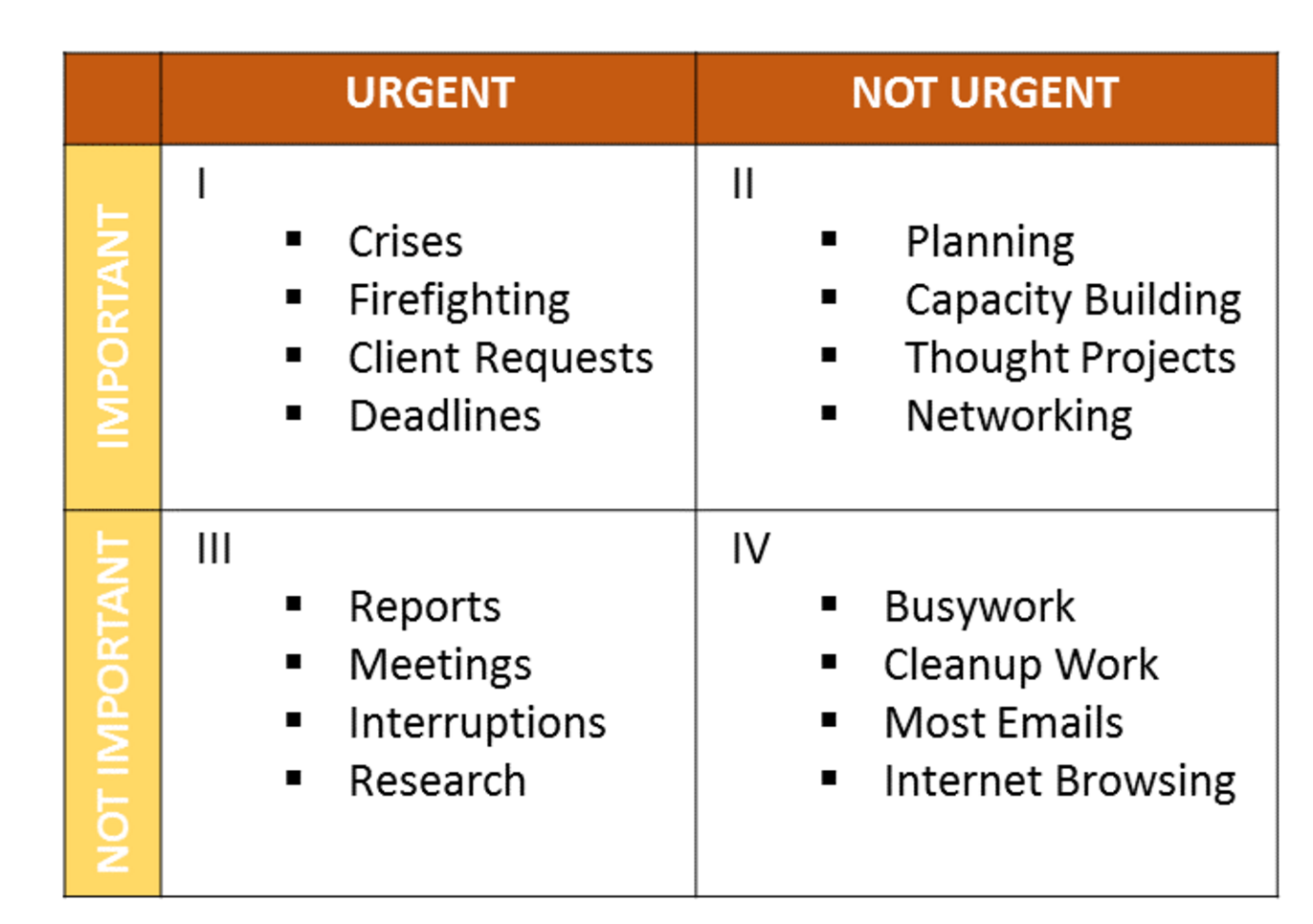
When I got involved in the NYC startup scene some years back, I had zero network. In order to be seen as a valuable member of the community, I drew up a plan to actively network and target events and places where entrepreneurs would hang out. A year after I put the plan into action, I had a massive pipeline of deals, a wide network of entrepreneurs and investors, and became a trusted contributor of the community. That is the power of networking.
I am going to go out on a limb and say you are not networking enough. If you are at all serious about advancing in your chosen profession and succeeding in your goals, the value of active networking cannot be understated. Yet time and time again, I meet eager and otherwise promising individuals that neglect this critical aspect of their professional development.
We are all busy. I get it. We have our jobs, our personal lives, and our hobbies. Many of us are consumed for ten or more hours per day to fulfill our professional duties, complete projects, and make stuff happen. This is especially true with sales because there is the added pressure of hitting quota. Revenue targets have a way of driving behaviors and priorities.
When it comes to prioritization though, we have it all wrong. When someone comes to me seeking advice on how to handle his or her overwhelming work schedules, I sketch out the following diagram:

Each quadrant represents the types of activities that range in urgency and importance. Many high performers tend to get stuck in Quadrant I where everything is a fire drill. This is the proverbial hamster wheel where the “work longer and harder” crowd tends to hang out. They say they thrive on the busyness of life but all they are doing is heading down the fast track to exhaustion and stress.
The most successful professionals spend time in Quadrant II. They look toward the future and build their plan. They shape the trajectory of their business and career to scale their success. I call this the “Perspective Quadrant” because it allows you lift your head above the noise and fray of everyday life and see beyond your horizon. And the people I know who live in Quadrant II rigorously protect their time by fighting against the drumbeat of urgency.
It is no surprise then that networking is squarely a Quadrant II activity. It also happens to be the one activity that most people put on the back burner. It is simply not top of mind even when you are spending time in Quadrant II. The mistake people make is to think networking is a Quadrant IV activity that rarely, if ever, leads to any valuable outcomes.
Networking is your professional force multiplier. I cannot state this more vigorously. There is simply no other activity you can do that can have as great of an impact on your life and professional aspirations. The reason many people dismiss networking, however, is that they do not do it well. The power of networking is like potential energy—it’s only activated when put into action. But to put it into action, you have to treat it as a skill to be honed and improved.
So how do you harness the power of networking? Over many years, I have found seven core concepts helpful to make networking an effective professional endeavor. Also note that these concepts are geared for in-person networking, but can also be applied to online networking as well.
- Have a Goal – When you do not have a goal, you spend time going to low-value events, speaking to the wrong people, and wasting a lot of time. Ask yourself what you are looking to accomplish. Are you raising funds for your startup? Are you hiring salespeople? Do you need to build credibility in your community? Are you looking to educate yourself? Whatever your goal, make sure you align your networking time with those goals and cut out events and activities that are outside of your objective. Once you find those core group of events, add them to your schedule so that you can plan for them and not cancel at the last minute because you are “too busy”.
- Bring Your Passion – The corollary to this point could be “don’t be boring.” Networking can be painful, especially for people that are not naturally extroverted. The best way to counteract that fear is to come prepared to talk about what you are passionate about. The key here is not to talk a lot about the “what” and the “how”, but to authentically share the “why” behind what gets you excited. People do not want to hear facts, we are geared to listen to honest stories. So create the story of your personal “why” and craft some stories of your own that you can share.
- Listen With Heart – Dale Carnegie once said “You can make more friends in two months by becoming interested in other people than you can in two years by trying to get other people interested in you.” At your next networking event, ask yourself whether you are really listening to the other person or if you are scanning the room for someone else to talk to. We will all have those conversations where we believe there is nothing to be gained. However, I have often found that the people I have initially dismissed became some of my most valuable relationships. Therefore, have an open mind and an open heart to truly listen to the people you engage with.
- Ask More Questions – Are you the type that likes to talk? Then you probably dominate the conversation. You need to share the mic with others, which goes hand in hand with the last point about being interesting. But how do you get a conversation going? You come armed to ask open-ended questions! What questions? The easiest way to start is to ask, “What are you passionate about lately?”. From there, ask questions that align with your interests to see if there are any commonalities. For example, if you are at a startup event, you can ask “What got you interested in startups?”, “Do you have any favorite startups?”, and “What do you think makes a startup successful?”. The idea is to have some questions ready that seem natural and tap into people’s willingness to talk about themselves.
- Be More Giving – Most networking activities feel very quid pro quo, you scratch my back and I’ll scratch your back. That is so old school. The new school is to proactively and authentically help people. Offer your help, be willing to make an introduction, and share some interesting news. Whatever it is, be the person that can bring value to the relationship, instead of playing things close to the vest. When you become known as the person who makes valuable connections, you become a trusted member of the community and you will find that people proactively help you.
- Embrace Serendipity – As much as planning is helpful (see point #1), a dash of randomness can also be useful. It is often said “you make your own luck,” meaning you put yourself in situations to be lucky. Therefore, be willing to go outside the box to explore new communities and events. These can be completely tangential to your goals and more oriented towards the fun side of the equation. The value of this is that you get to connect with people outside of your typical network, which can bring fresh ideas and perspectives into your thinking.
- Remain Engaged – Connecting with people at events is easy, staying in touch is much harder. Develop a system so that you can stay engaged with folks afterwards, maybe a combination of a quick email to exchange contact info and a LinkedIn connection. Then, make it a point to stay in touch on occasion. This can be through a newsletter, responding to social media updates, and setting a tickler to send an encouraging email to someone every few months. The simplest follow-up can sometimes lead to an amazing opportunity that would have otherwise been missed, so do not neglect your network.
Networking is a skill and with any skill, it gets better when you put it into action. Yes, it often feels daunting and it is easy to think that the payoff of networking is limited. In our new age of work, however, your ability to develop a meaningful network is even more critical amid the noise of social media and competing interests and mass communications.
The best way to think about the value of networking is that it is a way of increasing your social capital and building valuable strategic partnerships that help build your professional trajectory. It is one the most essential of Quadrant II activities and it gets to the core of what allows us to be successful in our careers and lives. As great as you think you are, no one achieves success solely on his or her own. Building your professional network is building the business of you.
Image credit: CC by Fruitnet.com



